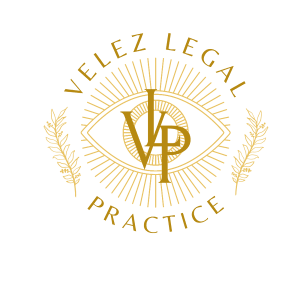PROBATE
Legal protocol wherein the assets of a deceased individual are identified, creditors are paid, and the remaining assets are then allocated to designated beneficiaries under the supervision of a judge.

Probate Administration in Florida
The state of Florida has two types of probate administration:
Formal Administration and Summary Administration
Formal and Summary Probate Proceedings
- the decedent passed away over two years ago, or
- the total value of the decedent’s estate does not exceed $75,000.
Summary administration is faster and requires fewer documents than formal probate processes. However, obtaining information about the estate can be difficult, and there is no court appointment of a personal representative.
Additionally, obtaining Letters of Administration, which grant access and management rights to the estate, is not possible during a summary administration. Choosing between formal and summary administration can be challenging.
For advice on finding the probate type that maximizes cost-benefit for your particular circumstances, seek out the expertise of Velez Legal Practice to arrange a consultation.

Personal Representative Requirements
In accordance with Florida Statute § 733, it is necessary for a valid administration of an estate to
include the selection of a qualified personal representative.

Personal Representatives
The representative must meet specific state requirements and have a familial connection to the decedent or be a resident of Florida.

Legal eligibility
The law does not allow individuals who are not legal residents or close relatives of the decedent to serve as a personal representative.

Criteria
Those under 18 years of age, convicted felons, and those mentally or physically unable to perform the duties are also not eligible to be appointed.

Responsibilities
The representative is responsible for managing the estate in compliance with state law and in the best interest of the estate’s beneficiaries.
Creditor Rights in Formal Administration Probate
Once the personal representative is officially appointed by the court, one of their initial tasks is to publish a Notice to Creditors in a newspaper of the jurisdiction in which the probate estate is being managed.
The Personal Representative is obligated to notify all identified or easily identifiable creditors. There is a designated timeframe in which creditors can submit claims against the estate. If the claims are not submitted within this period, they will no longer be accepted.
A creditor must submit their claim within three months of the first publication of the Notice to Creditors, or
A creditor must submit a claim within 30 days of being personally served with a Notice to Creditors, or risk the claim not being accepted (whichever occurs later)

